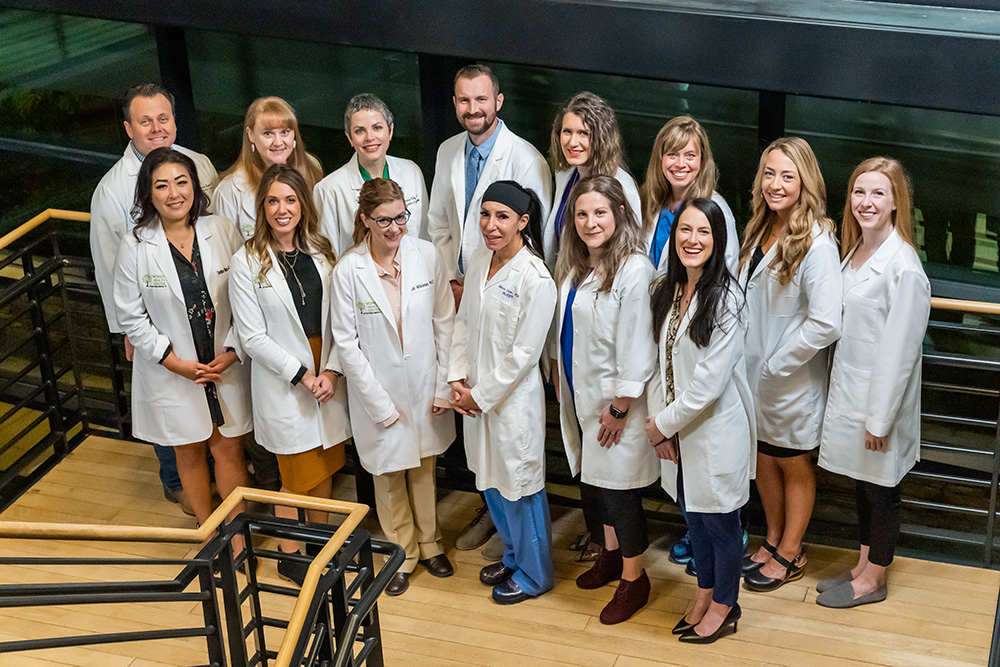About Us
Women’s Health Center of Southern Oregon has been providing caring and personalized OB/GYN care in Grants Pass for over 25 years.
We specialize in comprehensive women’s health care, from adolescence through all stages of life.
Since 1998, we’ve grown from a small practice to a team of experienced providers and support staff, including physician surgeons, advanced practice providers, and certified ultrasound technicians. Read more…

Testimonials
“Had a great experience here! The providers listened to me, asked lots of questions, came up with a plan that seems to be working great. I’m super excited to find a clinic like this in my new community.” -SK
“Great experience. I was under the impression that this center would be like other doctors offices with long wait times. I was wrong. The staff here are friendly, accommodating, and work in a timely manner.” – LG
“I have always had great experiences at WHC… I appreciate all that they do there and how kind they have been to me along the way.” — CF
Featured Services
Gynecological Services
Hereditary Cancer Screening



